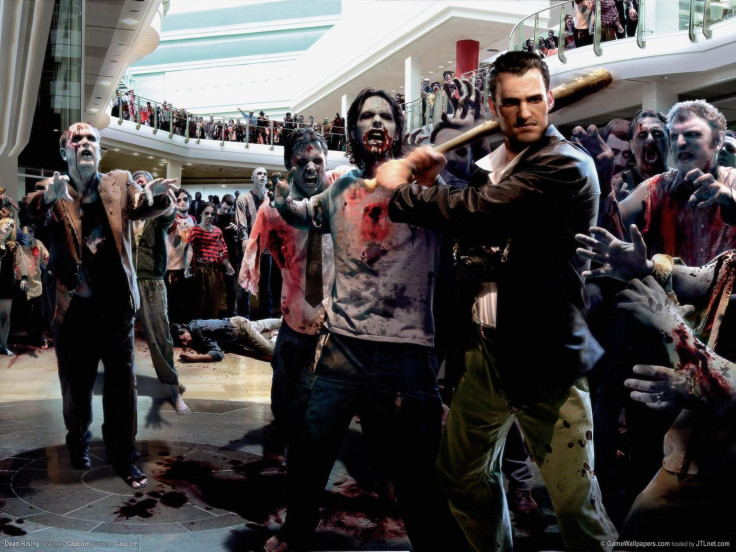Sandy Hook Shooting Anniversary Induces Video Game Ceasefire As Gamers Asked To Turn Off Consoles For Victims
Editor in chief calls for second video game ceasefire.

On Dec. 21, an organized group of video gamers will turn off their consoles and go 24 hours without playing titles like “Call of Duty: Ghosts” or “Battlefield 4.” In honor of the 26 victims whose lives were taken in Newtown, Conn. last December, Antwand Pearman, editor-in-chief of GamerFitNation, is asking gamers to put down their controllers.
Pearman held a similar virtual ceasefire event last Dec. 17, three days after the tragic event in Newtown. “We decided to do it again this year because there have been lots of issues with gun violence, so we wanted to make it an annual event in remembrance of those who lost their lives to violence,” he told Polygon.com. “This started as something I wanted to do from the heart. I have two daughters and a son, so when Sandy Hook happened, I just wanted to do something that would be a good gesture, to show my support.”
On Dec. 14, 2012, 20 year-old Adam Lanza, whom the media dubbed a “deranged gamer,” entered Sandy Hook Elementary School and gunned down 20 children and six teachers. Lanza had previously shot and killed his mother before the event. When first responders arrived at the school, he turned the gun on himself.
During the police search on Lanza’s home, authorities discovered an extensive video game collection, which included titles “Dead Rising,” “Doom,” “Grand Theft Auto,” “Half Life,” “Battlefield,” “Call of Duty” and “Left 4 Dead.” Found alongside a plethora of violent propaganda, many were quick to place the blame on video game violence.
This isn’t the first time that the gaming industry has been credited for the violent actions of young people. 1999’s Columbine High School shooting in Colorado was also partially blamed on first person shooters. Perpetrators Dylan Klebold and Eric Harris, who ended the lives of 13 people, were avid fans of “Wolfenstein 3D” and “Doom.” Parents of some of the victims unsuccessfully attempted to file lawsuits against companies like Nintendo, Sony America, Atari, Sega and Activision for the victims’ wrongful deaths. The lawsuit stated that “the combination of extremely violent video games and these boys’ incredibly deep involvement, use of and addition to these games and the boys’ basic personalities, these murders and this massacre would not have occurred.” The families’ lawyer, John DeCamp, also felt that violent video games could turn children into “monster killers.”
This year, Pearman hopes to raise gaming awareness with his ceasefire. “It’s about us as gamers coming together to do something positive,” he said. “Last year, the press really understood where we were coming from…it was so positive. It was just a moment of peace.” Pearman added he wasn’t fretting about any backlash he may receive from players who may not agree with him. “I’m not worried or concerned. I feel like we should just do something because it’s right, not because it’s politically correct.”
© Copyright IBTimes 2024. All rights reserved.






















